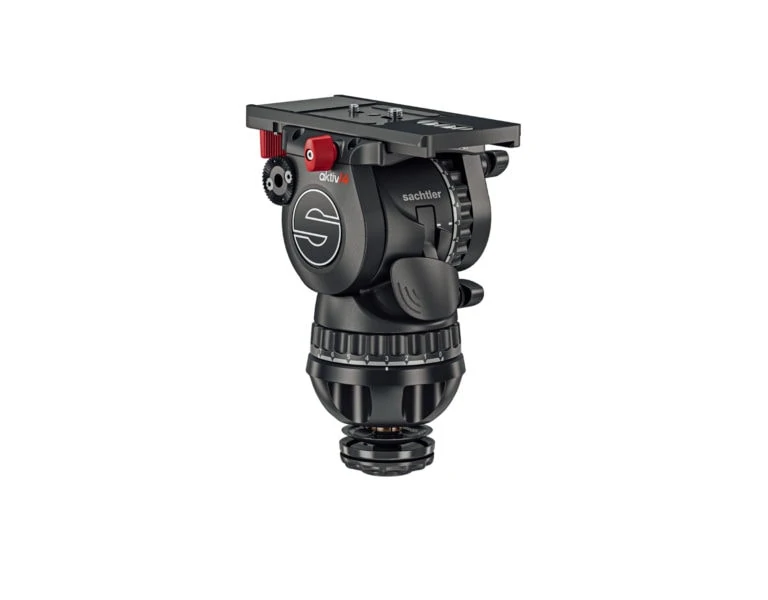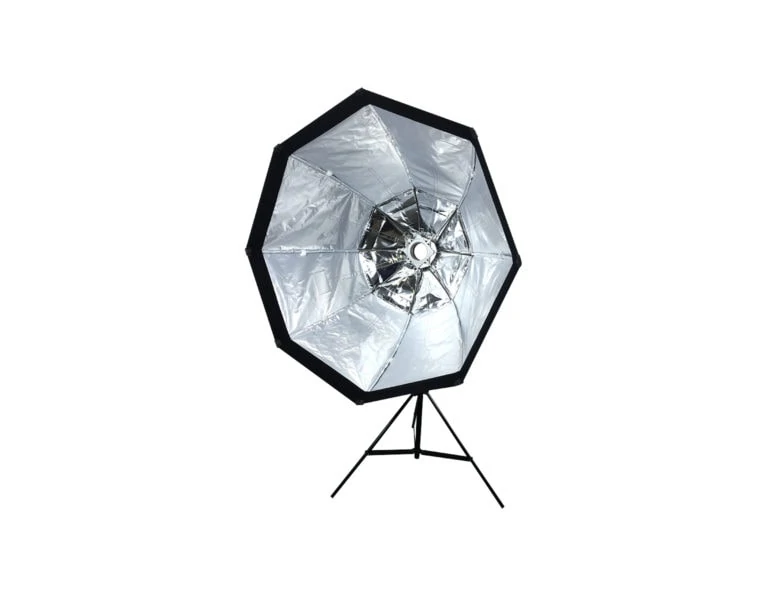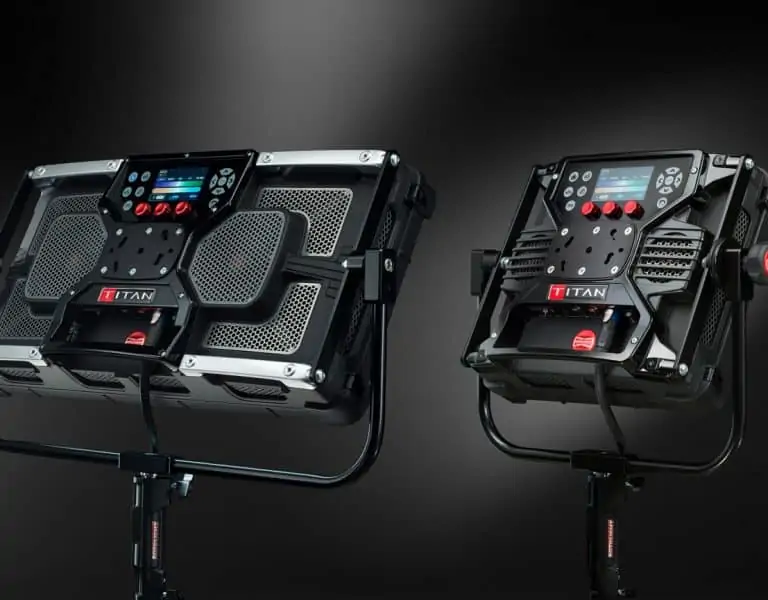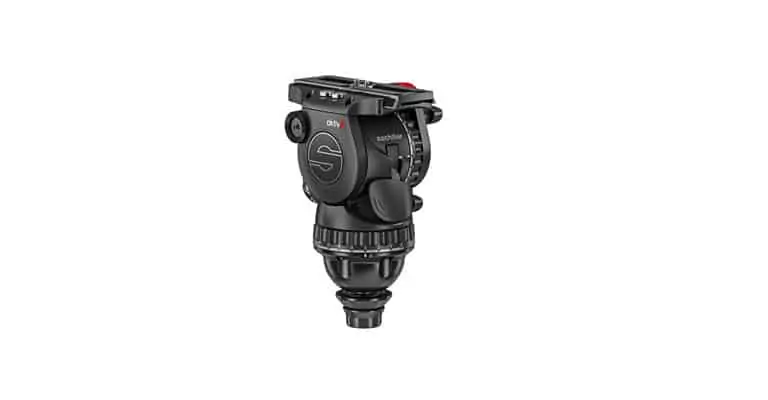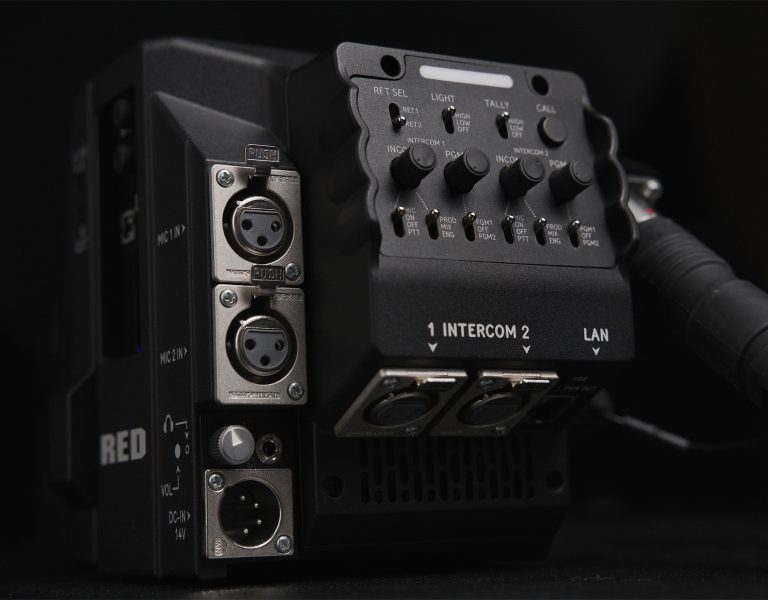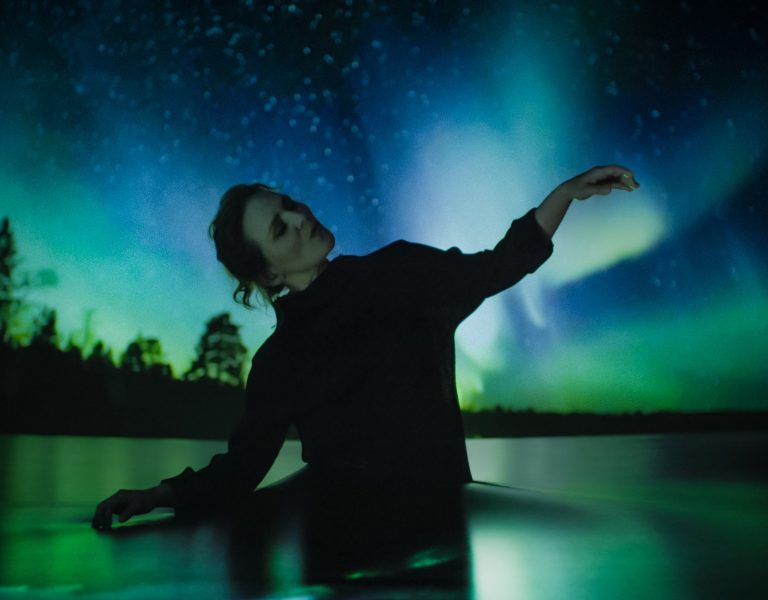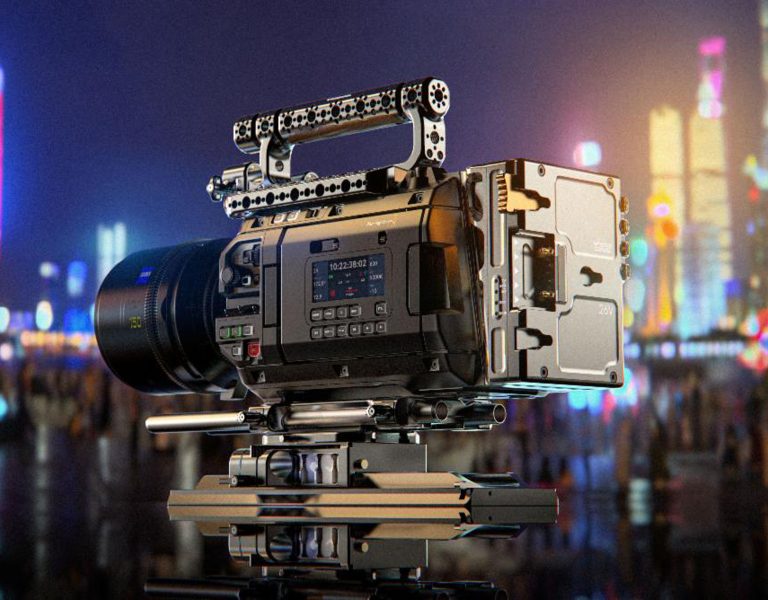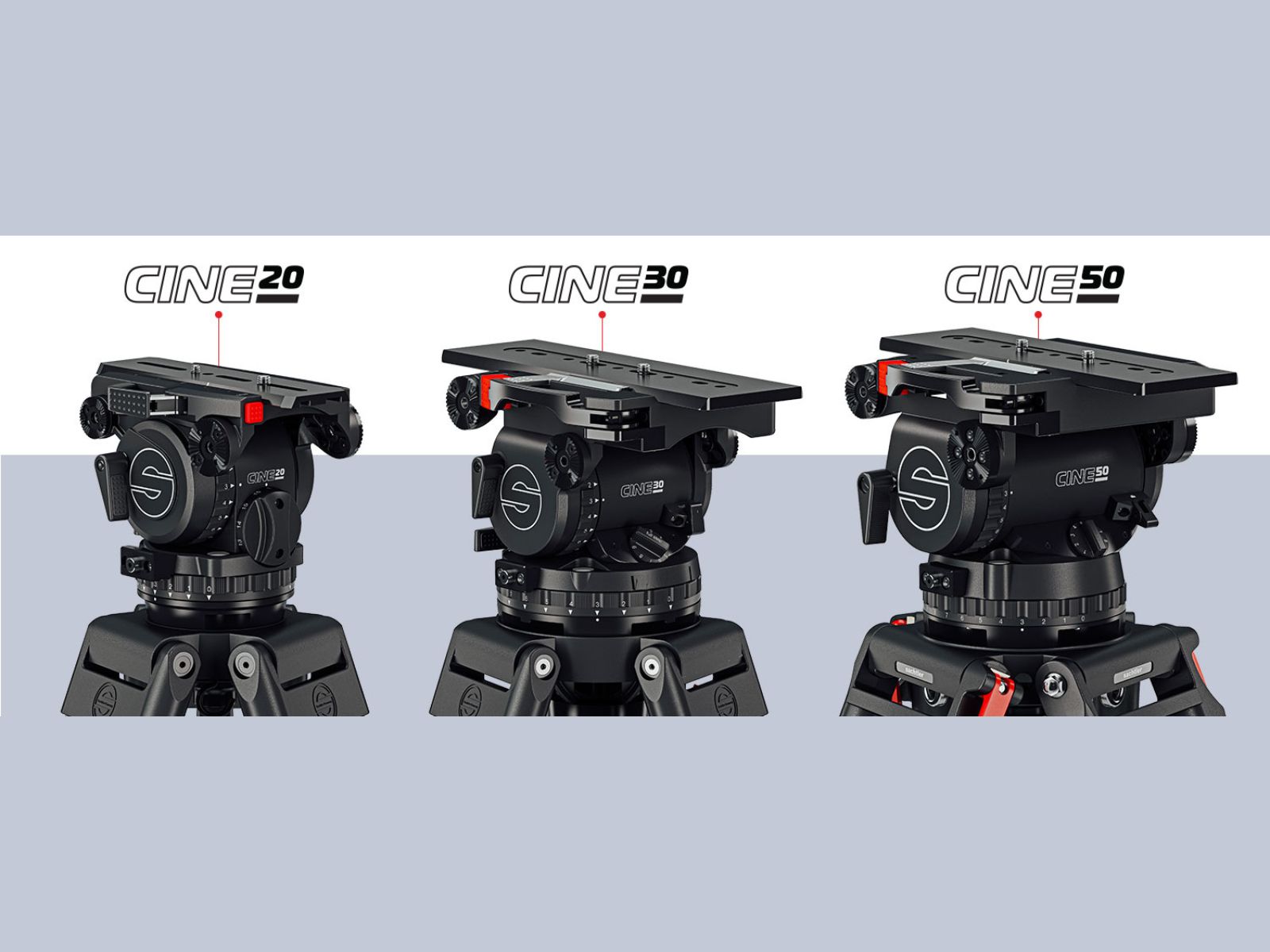
Sachtler, a leading manufacturer of camera support and accessories for broadcast and cinematography, and a Videndum brand, has launched a new range of fluid heads designed for cinematographers. The new Cine Series fuses Sachtler’s rich cinematic heritage with its core values of quality, speed, and practicality to meet the diverse needs of cinematographers, from solo operators to larger production crews.
“Sachtler’s cinematic legacy dates back to 1958 when Wendelin Sachtler, a cameraman and actor, introduced the first gyro-system-dampened head,” said Barbara Jaumann, senior product manager, Sachtler. “Since then, Sachtler Cine heads have become an inseparable partner for filmmakers everywhere from the grandeur of Academy Award-winning productions to the intimate drama of everyday storytelling.”
The Cine fluid head series comprises three models – Cine 20, Cine 30, and Cine 50 – each the smallest and lightest in its class. Combining innovative features, reliability, and flexibility, they offer controlled and smooth camera movement through variable drag settings and fine counterbalance, catering to the nuanced demands of cinematography.
The compact Cine 20, designed for lighter setups, offers a payload range of 2-22 kg (4-48 lb), featuring 16 steps of SpeedBalance technology counterbalance, and seven steps of pan and tilt drag With a 100 mm bowl, the compact Cine 20 can be combined with a choice of Sachtler carbon fibre tripods, including the award-winning flowtech100.
The versatile Cine 30 caters to daily cine use with a payload range of 3-32 kg (7 – 71 lb), incorporating 18 steps of SpeedBalance, seven steps of pan and tilt drag, a 150 mm bowl, an ARRI compatible camera plate and front box mounting points.
Cine 50, the largest in the series, supports payloads from 10-50 kg (22 – 110 lb), 18 steps of counterbalance, nine steps of pan and tilt drag, a 150 mm bowl, an ARRI compatible camera plate and front box mounting points.
Shared features across the series include a secure sideload mechanism, simplifying the mounting and balancing of highly accessorised cameras to quickly adapt to dynamic shooting challenges. A rosette allows for the use of a front pan bar, providing extra control.
